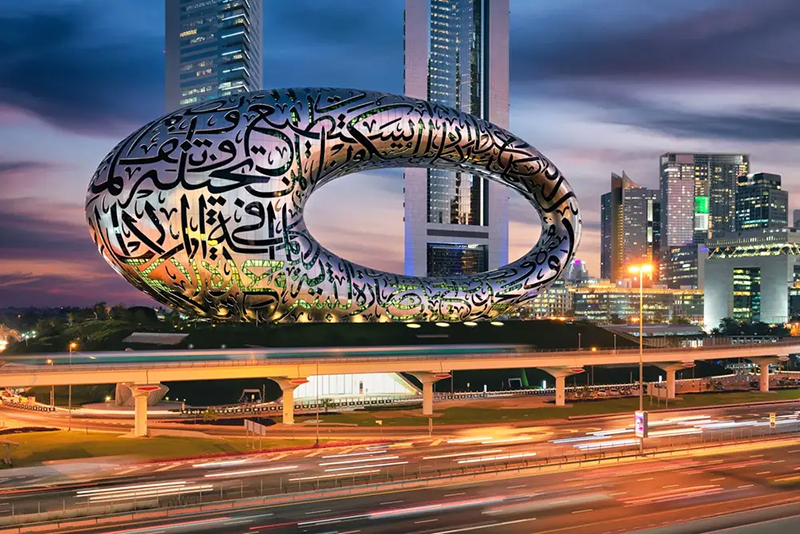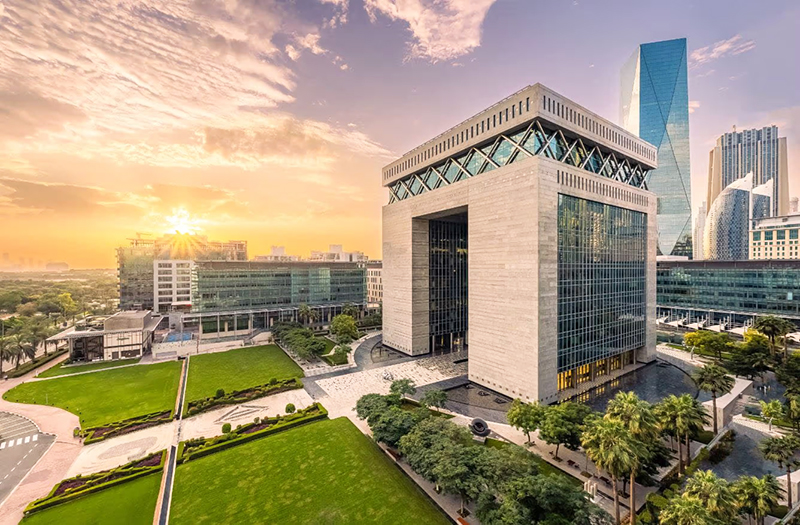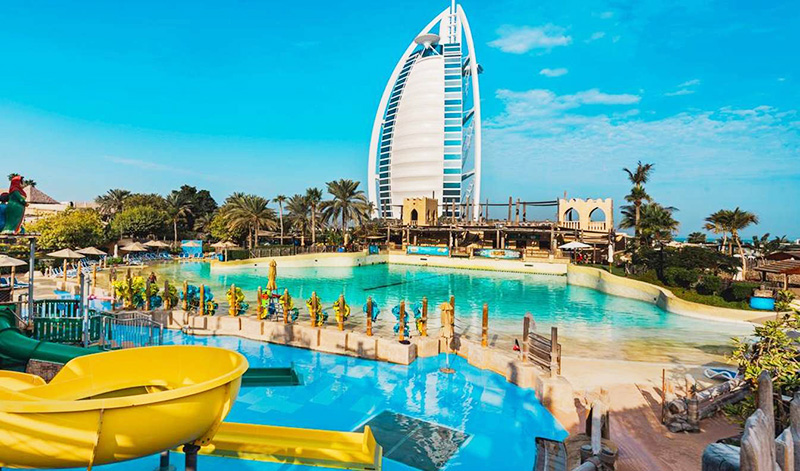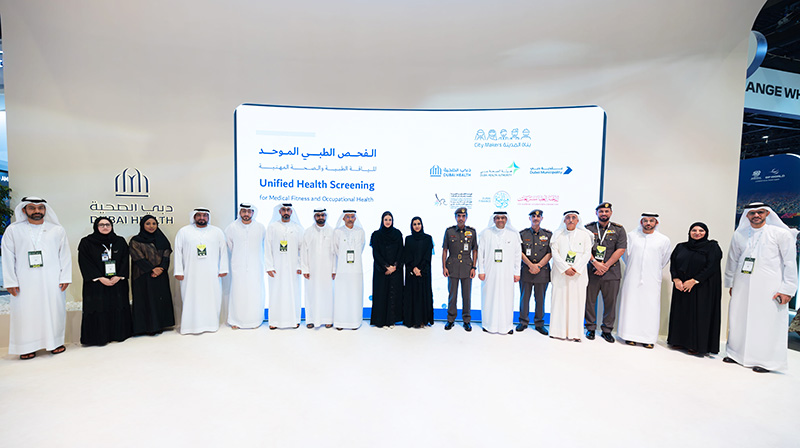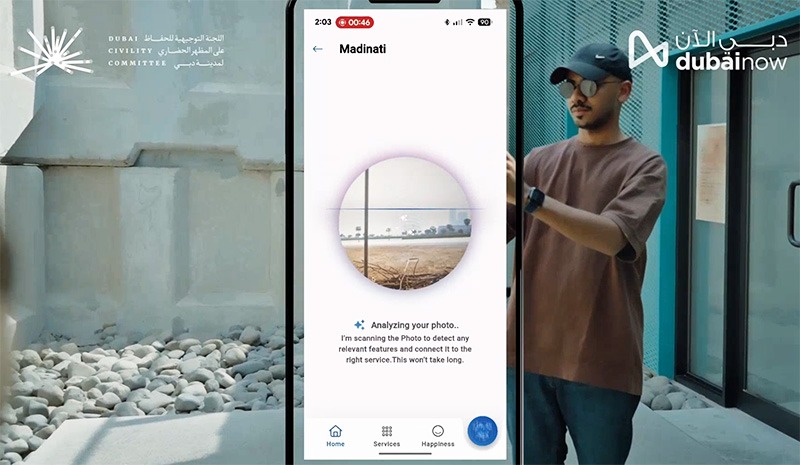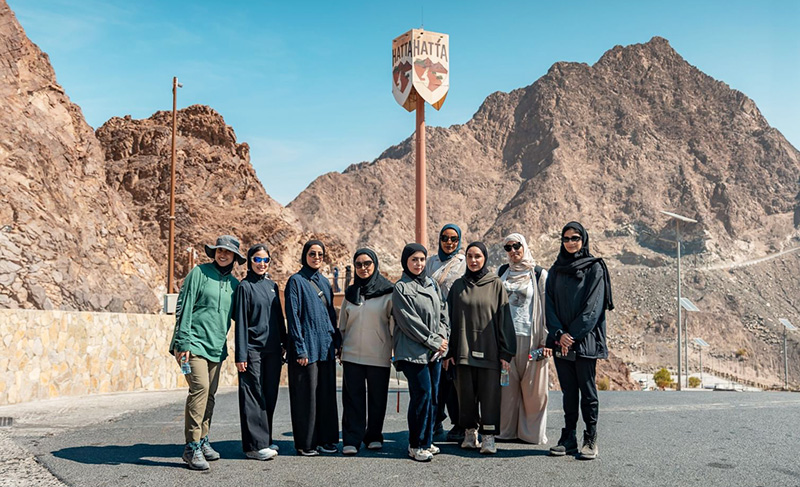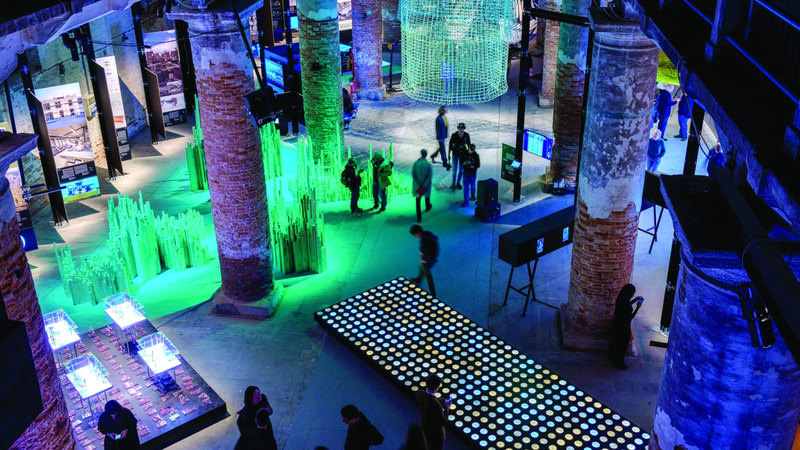
The Dubai Future Foundation has unveiled an innovative new project that uses artificial intelligence to measure the cooling impact of trees in Dubai and other major cities around the world. The initiative, known as Re-Leaf, was developed at the Senseable City Lab in Dubai under the supervision of Dubai Future Labs, in collaboration with the Massachusetts Institute of Technology (MIT). Launched in 2023, the project marks the first MIT Senseable City Lab established in the Middle East.
The Re-Leaf project was recently presented at the 19th International Architecture Exhibition (Biennale 2025), held in Venice, Italy.
Technology Behind the Project
Re-Leaf combines satellite images, thermal imaging, and computer vision technologies to analyze the cooling performance of more than 2,000 trees across several cities including Dubai, Amsterdam, Los Angeles, and Rome. The goal is to build the first comparative urban greenery database that visualizes the environmental contribution of trees in different urban climates.
As part of the exhibition, the project showcased visually striking installations resembling skyscrapers. These structures symbolized the levels of greenery in each participating city, offering a compelling visual narrative of how urban forests can mitigate rising global temperatures.
Importance of Urban Trees
This project highlights the essential role of trees and urban greenery in reducing heat, particularly in cities facing extreme weather conditions due to climate change. Research involved in the project revealed that trees can be up to 15°C cooler than nearby urban surfaces, with native, drought-resistant species performing more effectively than ornamental ones.
In dry regions like the UAE, where high temperatures and limited water resources create significant environmental pressure, these findings stress the urgent need for efficient, nature-based cooling solutions.
A Scalable, Data-Driven Platform
Re-Leaf offers a flexible, data-driven platform that can help cities worldwide leverage natural cooling systems to combat rising heat and environmental stress. It empowers urban planners and decision-makers with actionable insights to enhance the resilience of cities and improve overall quality of life.
According to Khalifa Al Qama, Director of Dubai Future Labs, the project reflects the Foundation’s commitment to collaborative scientific research and advanced technologies. He emphasized that green spaces must be seen as fundamental components of future urban infrastructure, supporting sustainable living for communities worldwide.
From Decoration to Infrastructure
Carlo Ratti, Director of the MIT Senseable City Lab, noted that as global temperatures continue to rise, trees should be considered vital urban infrastructure, not just decorative elements. He explained that advances in AI have made it possible to precisely measure the environmental role of trees and their cooling effect, reinforcing the idea that nature offers practical and scalable solutions to climate challenges.
Vision for the Future
The Senseable City Lab in Dubai, launched by Dubai Future Foundation in collaboration with MIT, is designed to apply cutting-edge technology to enhance quality of life in urban environments. It serves as a platform for testing real-world solutions in the digital age, addressing current and future urban challenges using data-driven strategies.
Through multidisciplinary research and experimental projects, the lab aims to deepen our understanding of natural and architectural environments and to develop innovative solutions for the evolving needs of modern cities.
